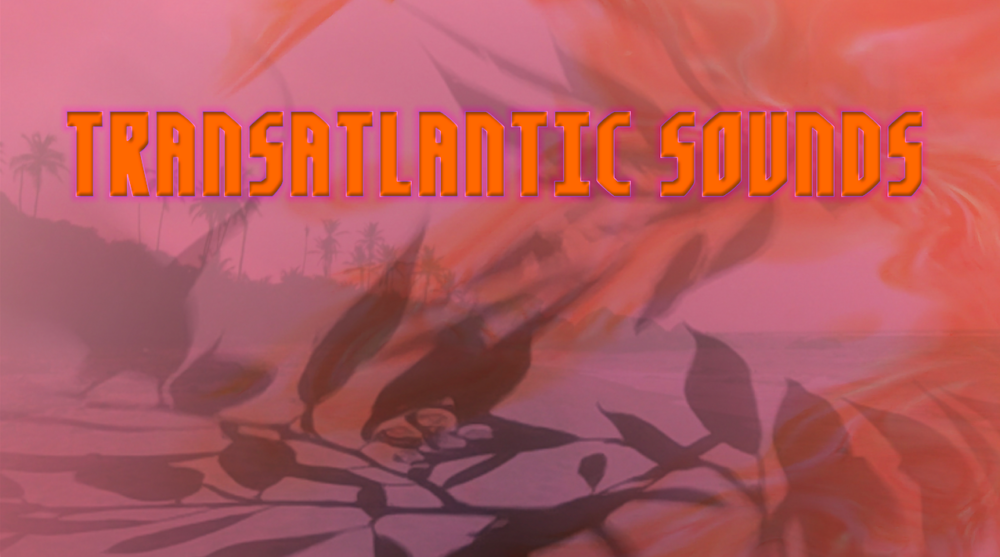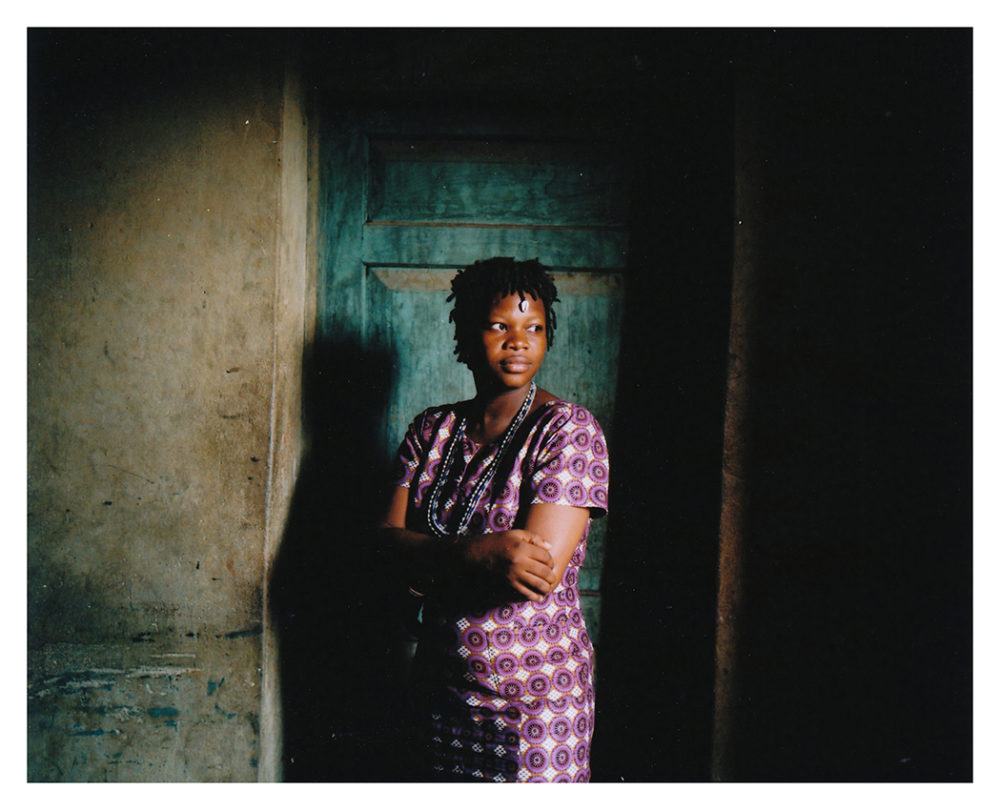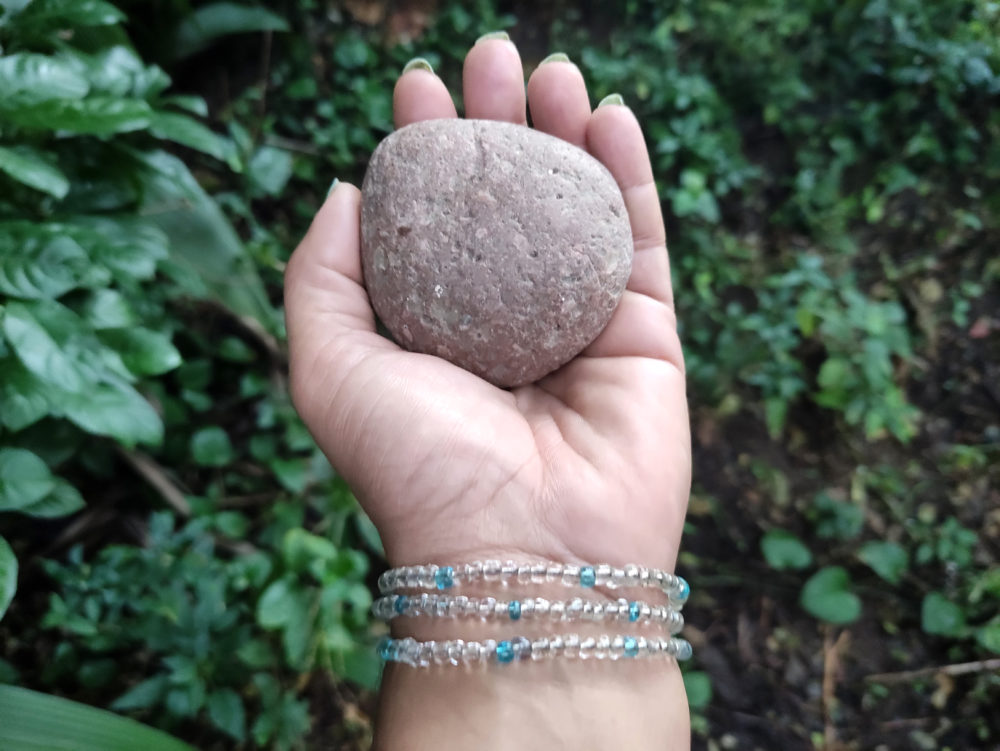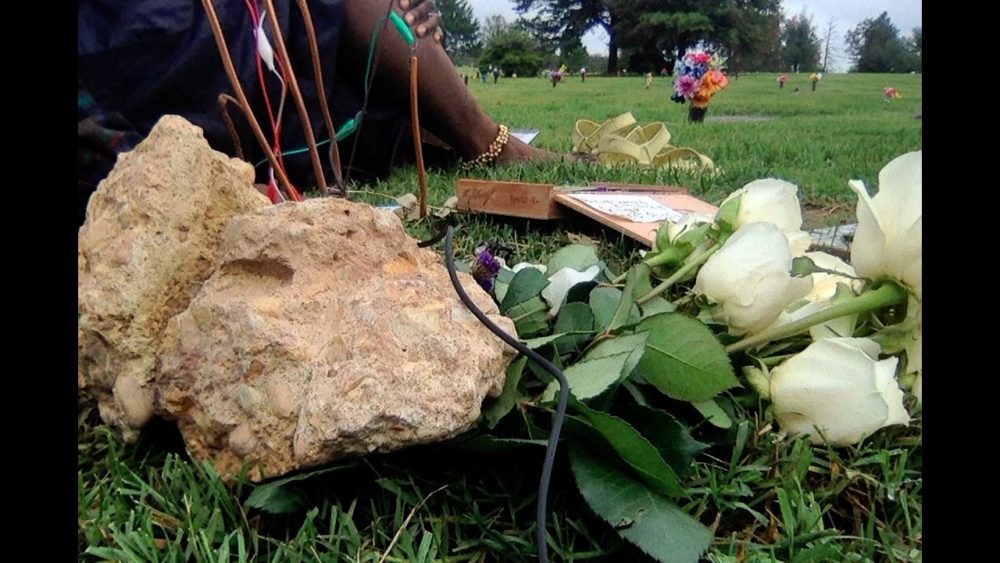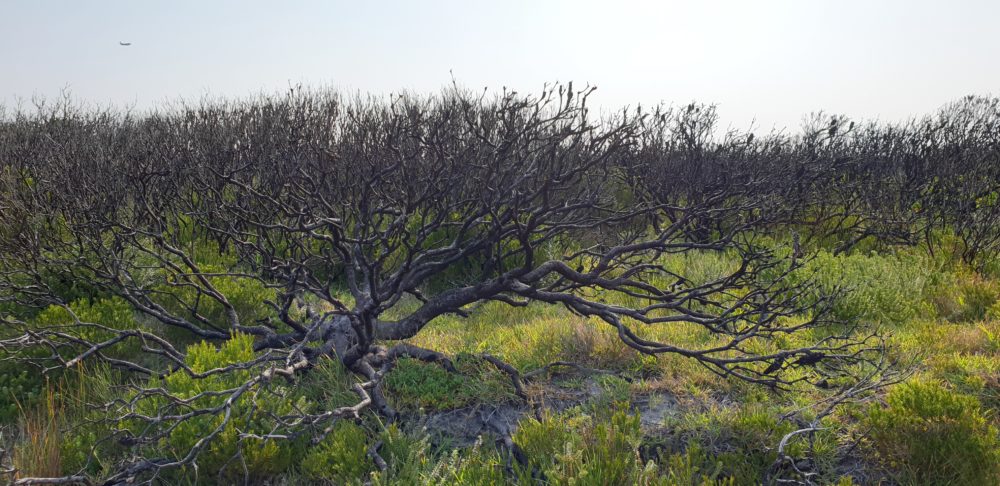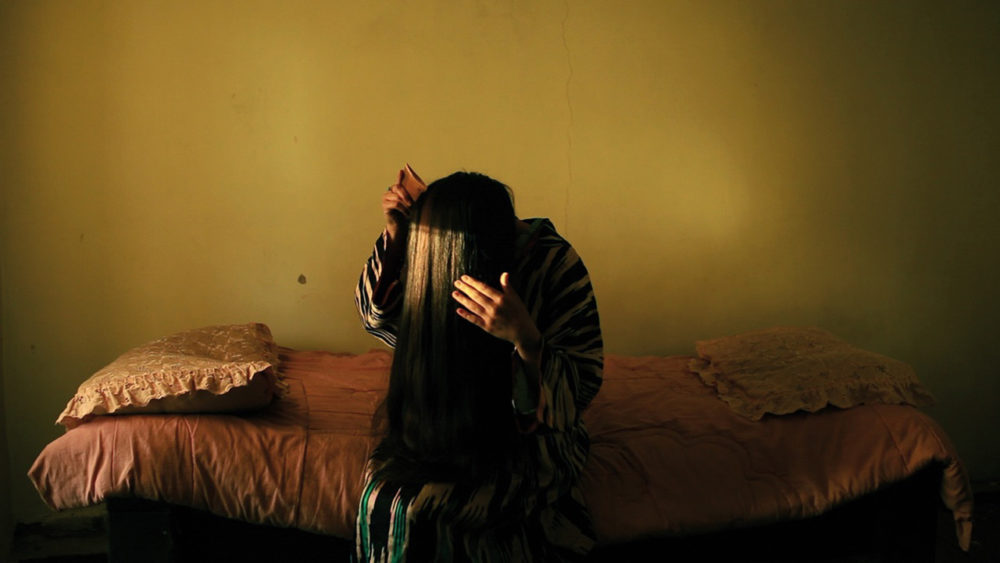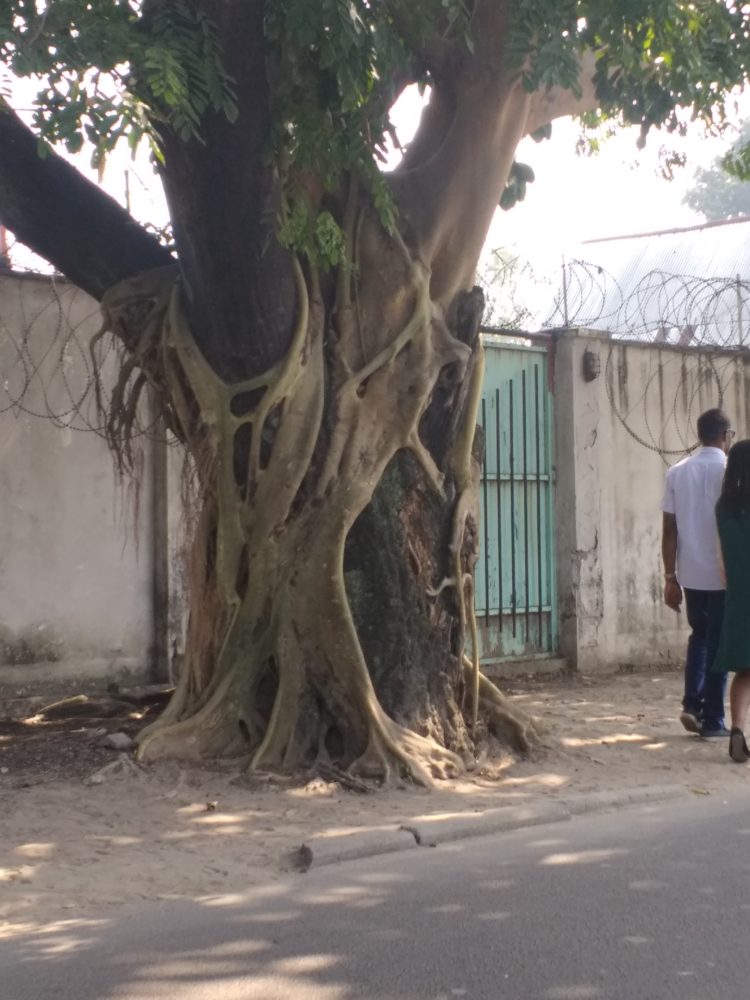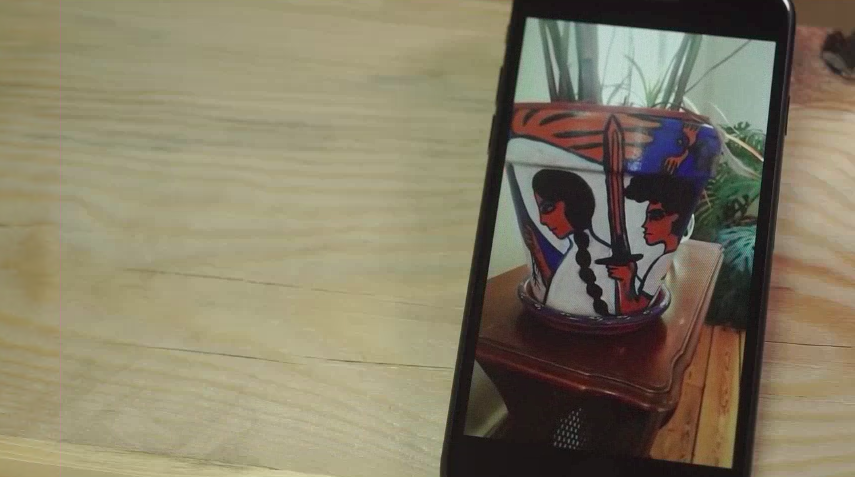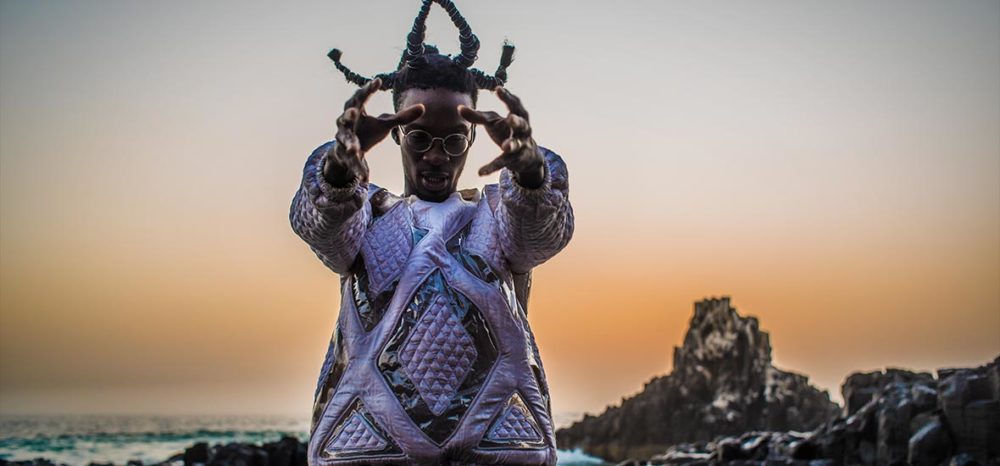Gaps, holes, erasures, are spectral wounds in the flesh of History. In the context of the Black Atlantic and African History, how do we repair beyond material reparation, acknowledging that former memories, relations, and possibilities can never be fully restituted? Can we heal what haunts the present time, in the social body and collective consciousness, looking for missing voices and unveiled stories? In order to overcome the spectrum of past and future oppressive systems, we will look at literature as well as political activism as liberatory pedagogies, and set out to reclaim social technologies of healing as conceived of in African cosmology. HEALING will focus on afro-diasporic spiritual or folk healing practices, lay movements for recovery – therapeutic, self-help, shamanic, feminist practices – to generate ideas and media that may have transformative potential.
More information on the event and videos on hkw.de:
#Healing (Faju) with Lionel Manga, Tabita Rezaire, Transatlantic Sounds (Tomás Espinosa and others) and an introduction by the edition curators Alessandra Pomarico, Esther Poppe, Yayra Sumah and Maya V. El Zanaty
The compilation “What would you say if I told you that our Black history has been denied?” is a transcription of texts from the ritualistic performance curated by the collective Transatlantic Sound as part of Healing (Faju): Part 1. The texts in the document are both poetic and autobiographical reflections on how to heal from and confront the colonial wounds inflicted from the African continent through the Middle Passage to Abya Yala, or what colonizers refer to as the Americas.
read more
Depuis fin 2018, Laeïla Adjovi travaille sur Les chemins de Yemoja, projet documentaire et artistique entre le Nigéria, le Bénin et Cuba autour des rites d’une divinité ouest-africaine, Yemoja-Mamiwata-Yemaya. Une occasion pour elle de s’immerger dans la culture yoruba et ewe-fon dont elle est originaire, tout en touchant aux notions de transmission, de mémoire fragmentée et d’Atlantique Noir.
read moreThis text is an invitation, a healing protocol for walking on moving grounds in turbulent times. Researcher in social memory Karla Barroso and artist Daniela Brasil share a small selection of rituals and cleaning practices from Candomblé–the afro-diasporic syncretic religion that is also the matrix of spiritual, corporeal, and intellectual resistance of Black and Afro-descendant populations in Brazil, throughout centuries of colonialism. Ebós and the Baths are common practices in Candomblé, they are simple procedures for daily life. They are open to those who engage themselves through intention and don’t require initiation, just a disposition in seeking traditional knowledges and different worldviews.
read moreIn this piece, artist and writer Mukhtara Yusuf reflects on land as a historical marker and a material, but also as an opportunity for healing and mourning, however fraught such an act may be.
read morePetrichor is the scent of wet earth when it rains. While petrichor appears to be a modern discovery, it has long figured in many Indigenous cultures, concretizing the existence of an ephemeral scent, and with it, memories of rain. In her essay, artist and molecular biologist Catherine Sarah Young reflects on the transformative power of petrichor scent as a healing force in light of recent bushfires and their devastating ecological impacts in Australia.
read moreIn this essay, Yayra Sumah, one of the curators of the New Alphabet School’s HEALING edition, reflects on the role of ancestral knowledge in developing the program and how sharing knowledge can be a cause of re-traumatization as well as enable a process of healing.
read more
The end of the transatlantic slave trade was followed by the era of traumatization in African countries. In his performative lecture during the #Healing (Faju) edition, the author and cultural critic Lionel Manga looked at the trauma passed down from generation to generation; from the apportionment of the African continent among the colonial powers following the Berlin Conference in 1884/85 to the monotheization of large sections of the population and associated suppression of spiritual worlds to disrupted decolonization processes. Manga traces this negative force field, which slows down all vibrant dynamics and impedes political emancipation. Based on a Bantu maxim, he pursues the idea that the world is like a chimpanzee that falls down, shakes itself off and carries on its way. He encourages the audience to see themselves as waves and not to lose their faith that healing is possible.
read moreIbaaku defines himself as a sonic poet, exploring the potentials of audio through collaborative and cross-disciplinary work with other artistic fields such as video, visual arts, and fashion. Starting in the early 2000s in the Senegalese hip-hop scene as producer and vocalist, he released various albums. Besides his engagement in electronic music, he composes regularly for cinema and TV formats.
read more